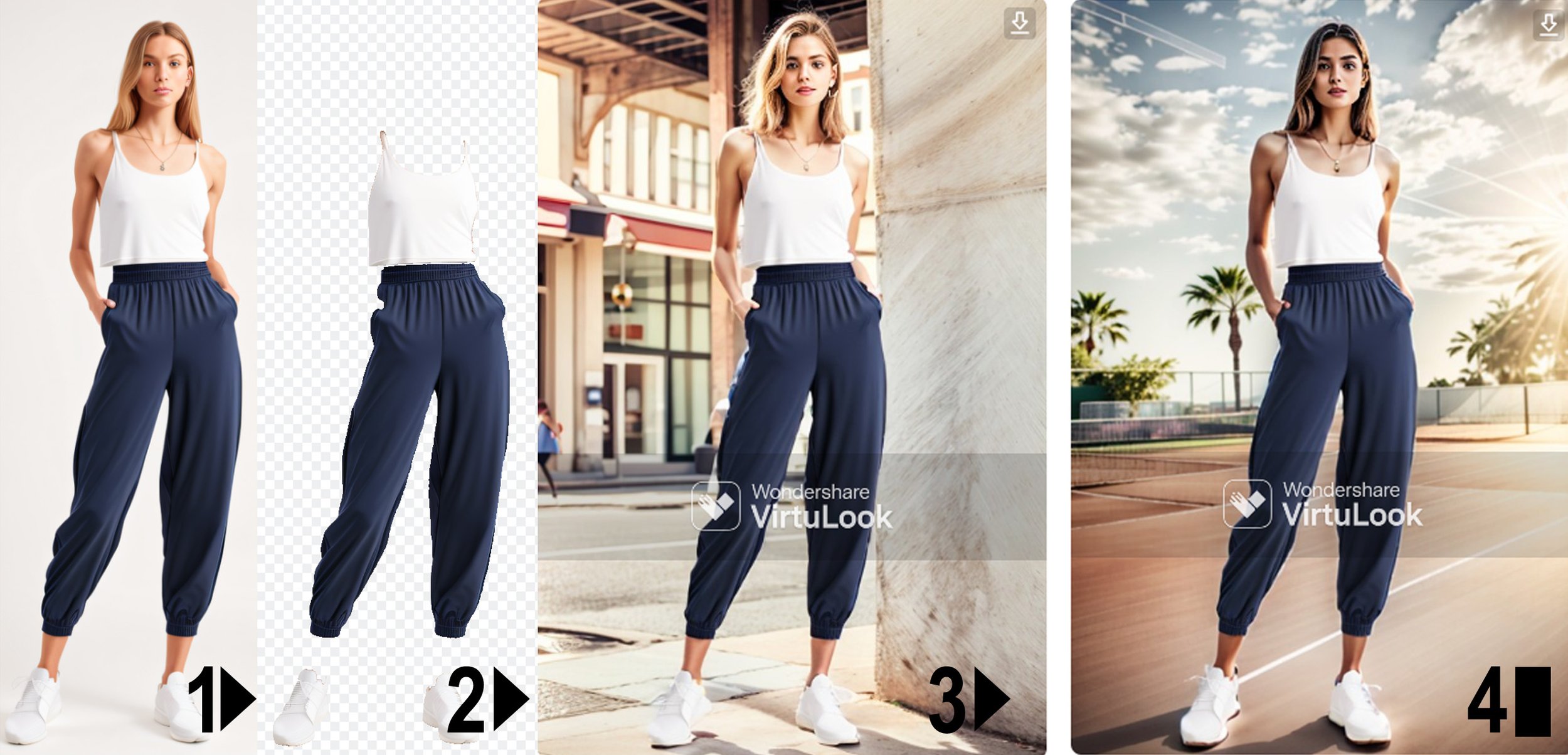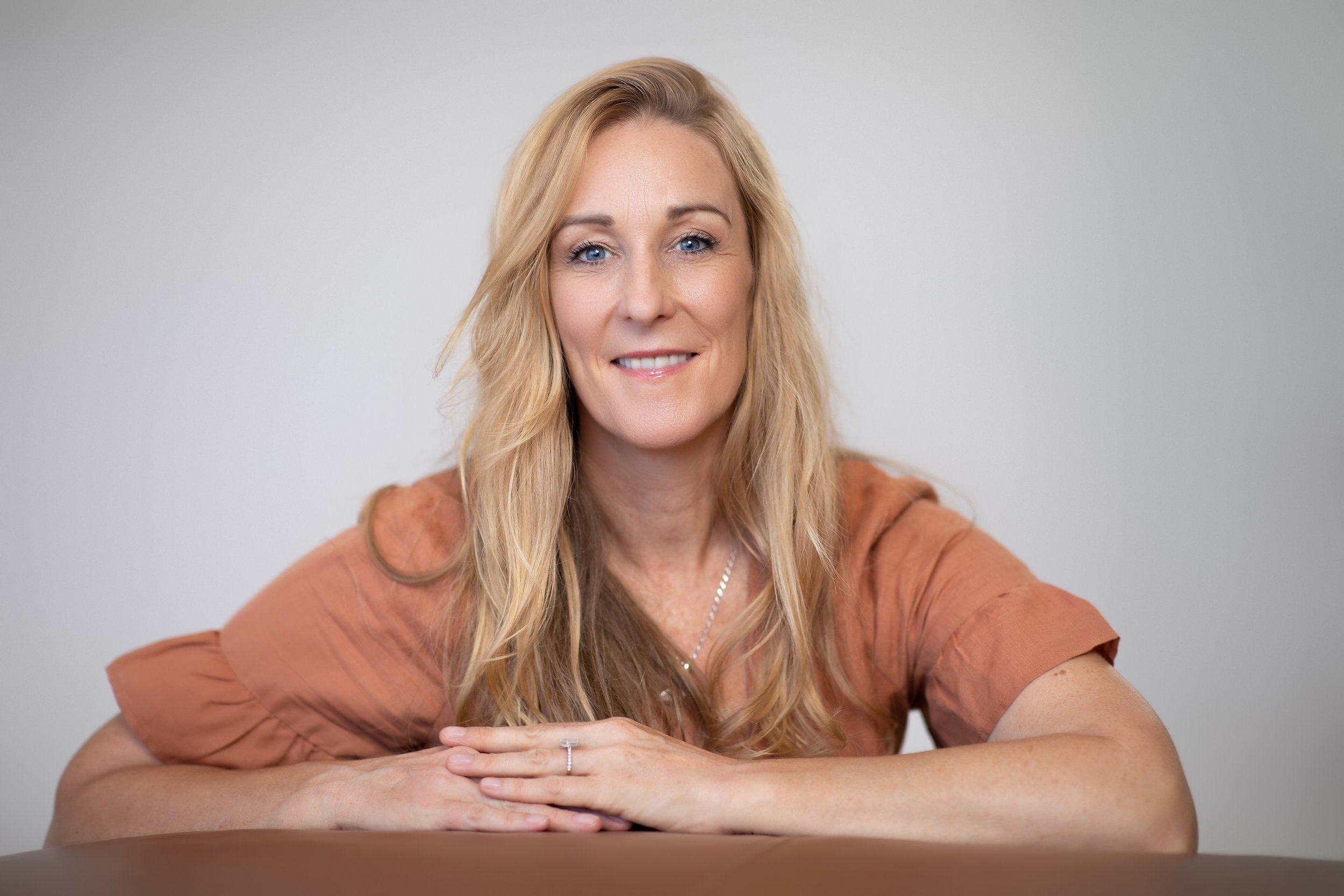My 7 AI Photography Predictions for 2024
In 2024, the photography world is set to witness a monumental shift, with Artificial Intelligence emerging as a game-changing force in the industry.
Saddle up - it might be a bumpy ride! Here are my top 7 2024 predictions on AI for commercial photographers.
Prediction #1:
Photographers will start to embrace AI.
Initially, there was healthy resistance mixed with a decent measure of fear. Now however, AI is starting to become a vital component in the modern photographer's tool kit. Apprehension is fading, and an interest in adopting AI as a Photoshop-esque tool is emerging.
Let's look at the history:
• 1990s Digital photography and Photoshop both upended traditional photography
• 2000s Camera phones burst into the scene
• 2010s Social media exploded
• 2020s Today, it's the turn of AI.
Generated in Midjourney
As photography professionals, this isn't the first major change we've had to adapt to, and it certainly won't be the last. Change is inevitable.
Notably, Canon, Nikon, Sony, etc., haven't stopped making cameras. Photography as a physical art isn't dead yet! In fact, the next hardware releases should be exciting, as they presumably will be adopting new AI-based technology.
Learning curve:
Learning to ‘prompt’ AI effectively is equivalent in effort to learning a computer programming language — but arguably a bit more fun. Patience and a trial and error approach are key.
While it’s easy to get it to produce ‘something’, manipulating it to do what you actually envisage is a totally different challenge, one that takes skill and persistence. Many photographers abandon trialling AI technology after their initial experimentations, discouraged by the misconception that realising their personal vision is unattainable.
There are countless apps out there, but some that I've personally embraced include MidJourney, Adobe Firefly, Leonardo, Dall-e, Magnific, Gigapixel, and Runway. The pace of change is overwhelming, even for a tech nerd like me! Just when you start getting comfortable with one version, a new release blasts into play.
My thoughts: I was a late adopter when it came to digital cameras, mainly because the quality wasn't available at a good price for a long time. There are no such barriers when it comes to dabbling with AI.
The takeaway: I find it exciting to explore uncharted waters and see where they take me. We're no longer limited by budget, geography, or equipment to create the images we envisage. Previously, ideas could be deemed unrealistic, too time consuming, or too fantastical. Now, the only limit is our imagination.
PREDICTION #2
AI background generators become mainstream
Brands will increasingly use AI to create backgrounds for social media images. Photographers might not be impressed by the quality of these images!
The process is simple:
• a client uploads a plain product image to AI software, which removes the background.
• the client types a few words to describe their idea
• AI provides 4 background options to choose from.
Result: client decides they no longer need photographers to produce social media content.
Images from productshots.ai
There are countless apps offering similar AI features. Amazon has also just launched their own AI Image Generator for (Lo-fi!) sellers. Adobe has also integrated it into Express. These apps are not going away and clients that aren't so concerned about quality will adopt them quickly.
My thoughts: Initially, these apps didn't cause me concern because they didn’t look much better than cut-outs on stock images. However, I've seen the pace that AI is moving at. In one year, I predict the quality of image integration will be far superior and a potential threat.
The takeaway: AI will close some doors and open others. If you're currently producing a lot of social media content for low-budget clients, it's time to start upgrading to clients who appreciate high-quality work. These apps are not going away, and clients focused on the bottom line will be excited.
Images from pebblely.com
prediction #3
Fashion leads in experiencing major change
The fashion industry is known for early adoption, which is why I predict 2024 will see lots of brands experimenting with AI photography. While exciting and innovative, this does have serious implications for models, makeup artists, hair stylists, and fashion stylists.
Several AI apps offer quick and easy studio shots of AI models integrated with real clothing from fashion brands. The client can select all the model details, like height, weight, ethnicity, age, etc. The software integrates with popular clothing design software or accepts plain product shots and integrates these designs with the AI-generated ‘human’ model. This completely removes the need for studio photography teams.
Images produced by Wondershare VirtuLook
Images produced by Wondershare VirtuLook
As for lifestyle and editorial photography, while it's slightly harder for AI to integrate brand products into lifestyle imagery at this point, a number of photographers like @henryk.ai (see below) are already experimenting with producing elaborate scenes in applications like MidJourney and integrating them with models or mannequins in studio.
Make no mistake, this methodology is going to totally take off this year. It’s time to upskill.
Studio photography & AI hybrid imaging by @henryk.ai
Sevda Albersai’s work is mind-blowingly impossible to discern from reality. The majority of the clothing is also AI generated, and the designs are also incredible. It wouldn’t surprise me to see images like these lead to actual clothing in the real world (I want those pants!).
Images by Sevda Albersai
My thoughts: Personally, as a previous fashion photographer and lover of fashion, I feel very torn. On one hand, I'm excited by the expanded scope that working with AI offers in terms of visual presentation and creative output. On the other hand, my heart bleeds for the impact this is going to have on models and other creative roles in the industry.
Takeway: If you shoot a lot of studio for fashion brands, now is the time to consider where else you can focus your efforts. For editorial and lifestyle, I think ‘real’ shoots will continue, but having the capability to integrate AI imaging will become increasingly important very quickly.
Prediction #4
Food photography is not immune to the impact of artificial intelligence.
Many food photographers might think AI won’t have an impact on them - they're wrong. If you work with any ‘generic’ and/or fast foods, they are ripe for AI replacement. Burgers, fried chicken, sushi... you name it, it will be generated. Rumour has it UberEats has been experimenting in the US, but they currently deny it.
Image generated in MidJourney
I predict there will still be a place for ‘real’ food images, just less of them. Some larger clients, worried about the legalities around AI, may be slower to adopt, but corporations are all about the bottom line, so many might overlook that issue. Chefs will, of course, never want their beautifully crafted food replaced with an AI image, so there is very much still space there. Chefs and food stylists might even enjoy using AI to visualise innovative ways a dish might be presented.
Image generated in MidJourney
I feel that generic cookbooks definitely won’t be immune - you know the kind you see in the supermarket, like a '50 mid-week budget recipes' cookbook. As image generation specialists (i.e., photographers & designers) grow their skills, and AI can create images that accurately depict the ingredients, many cookbooks will be created this way, perhaps even high-end recipe books will adopt these techniques also.
[Cover image and ‘blank’ book image created separately in MidJourney, and composited in Photoshop]
prediction #5
Product photography does offer some challenges to artificial intelligence (AI) imaging.
Product photography is arguably the most challenging form of commercial photography. Lighting requirements vary substantially depending upon the finish of the product (reflective, glass, organic etc) and can put even the very best photographers to the test.
Theoretically AI can easily out-perform the average product photographer, particularly when combined with 3D rendering of the product item - EXCEPT that lots of products don’t constitute just one item, or easily fit on a table or in a hand.
The easier products like beauty products, individual tech products - phones, watches, etc., drink cans and bottles - will all be fair game for AI integration techniques.
Image generated in Midjourney & edited in Photoshop
More complex products, that have multiple elements, require significant interaction, or strange finishes are where conventional photography will still retain a strong foothold.
My thoughts: Like fashion, clients of product photography are adopting AI imaging at a fast pace. Photographers will need to flex as the market for traditional imaging shrinks.
Takeaway: If your gig is white background studio imaging, there will still be plenty of this kind of work available for now.
However, a solid knowledge of generative imaging, and excellent photoshop editing skills, will become increasingly important. It’s time to put your learners cap back on!
Prediction #6
Portrait photography will be deeply affected too.
Initially, I had the misconception that portrait images might be a safe haven for commercial photographers to segue into, since it's depicting real people in the real world. Nope! Upload a few images of yourself, and with a couple of quick clicks, AI will generate a range of lush images, complete with your choice of location, stylish outfit, and lovely hair/makeup. (like my dress?)
I’ve always wanted to go to Paris! - generated in MidJourney using InSight
Of course some people won’t be comfortable with sharing an AI generated image of themselves, but honestly I think this will be the minority.
It’s clearly obvious that most people are currently very happy to use portrait images that have been Photoshop’d to death! AI portrait images are often convincing enough that many people won’t see much difference between an AI image, and ultra-airbrushed images they have had produced previously.
My thoughts: Being able to avoid getting dressed up like a Christmas turkey and then facing down the painfully-awkward glare of a camera lens will be a very welcome respite for many. I predict AI generated portraits will become very commonplace over the coming year.
Takeaway: We are already very accustomed to seeing and accepting significant digital enhancement in images of people. AI is only going to accentuate that trend.
PREDICTION #7:
Legal concerns will be impactful.
There are two major legal areas under evolution;
a) copyright for AI images and
b) copyrighted images used in AI libraries.
I’ll address each separately.
Currently, almost all jurisdictions do not allow the copyrighting of AI-generated images, however, this is currently under deep legal debate. While AI can generate images with minimal human intervention, many humans are creating visual works using AI as a tool, that would be impossible for AI to produce alone. I predict this nature of work will receive protection at some point.
As for the protection of existing images produced by humans. Unfortunately, if your images have appeared anywhere on the internet, they have already been scraped by AI. While this is (very) annoying, unless your style is distinctive enough to be iconic, it’s honestly not necessarily a huge concern (although it creates a very icky feeling nonetheless!). For example, if someone creates an image ‘in the style of Fran Flynn’, it’s highly unlikely to be discernible as a rip-off of my work because my work hasn't got a distinctive enough style to be that obvious.
Additionally, the generic usage of my work by AI is never going to be impactful, because it’s combined with thousands of other influences to generate the final image.
However, if you have a very distinctive style, this is of course, a very big issue.
To defend your work, there are apps in development that can ‘tag’ your images with a ‘hook’ that will prevent them being interpreted by AI crawlers. This won’t, however, work retrospectively on images already scraped.
You can also opt out of your images being used by Adobe if you’re working with Adobe products in your privacy settings. (The default is set to ‘allow’, of course.)
Uber ‘taxis’ changed legislation all around the world with the simple strategy that the weight of demand crushed attempts to rid them. Inevitably a similar momentum will affect legislative considerations as time goes by and AI becomes as endemic as mobile phones.
My thoughts: I predict that AI generative imaging will force change in legislation in the area of copyright, but it will be a long, hard battle, with varying results in different territories.
Takeaway: Copyright issues may help to subdue the incredible speed of AI adoption for a short time - so use that time wisely, to futureproof your business.
Conclusion
This overview only scrapes the tip of the iceberg. There is so much more to say, and so many more potential implications only starting to emerge. Even entrepreneurs at the forefront of producing this technology are unable to foresee where exactly we might be in 5 years time.
One thing I am completely certain about though, is that this is the single biggest change to our industry that we have seen in our lifetimes. To keep pace with AI's advancements in photography, we must fully engage in continuous learning right now, or risk falling behind.
No matter what genre of photography you are working in, it’s vital to assess where the weaknesses are in your current business to future-proof your income.
You might also like:
image @trinapowercreative
Hi I'm Fran, an Irish professional photographer, AI trailblazer, designer, videographer & educator based on the Gold Coast in Australia. I’m a lifelong creative, passionate about producing images that provoke emotion. My obsession is teaching others how to achieve the satisfaction of realising their creative vision and supporting them to enjoy long term careers in our ever-changing industry.




















